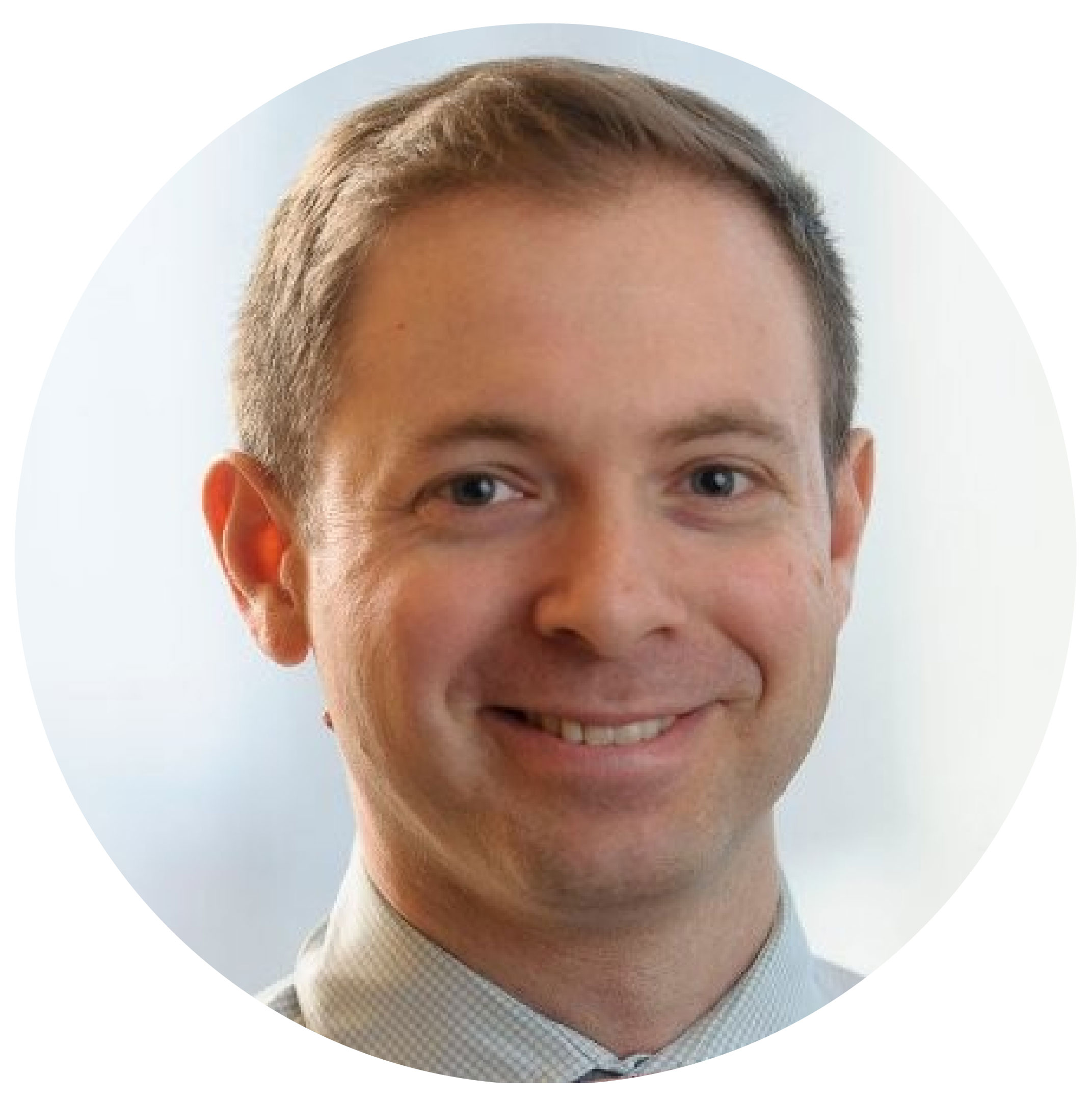I’m the Lead Cell-free DNA Scientist for the Brotman Baty Institute (BBI) of the University of Washington, Fred Hutch, and Seattle Children’s Hospital, where I coordinate and develop research capacity for the Cell-free DNA Working Group and the BBI Clinical Diagnostic Platform, and collaborate scientifically with institutional faculty and staff. With Dr. Ha, I work on integration of disparate copy number detection methods and development of nucleosome footprinting methods from shallow whole genome cell-free DNA.
I completed my undergraduate studies at the University of Maryland, College Park, where I received funding from the Howard Hughes Medical Institute to establish a genotype-phenotype association underlying the heterogeneity in observed responses to strength training in sedentary elderly populations with Ben Hurley and Matt Kostek and develop a prototype of paramagnetic silicon dioxide nanotubes for drug delivery with Sang Bok Lee.
After college, I taught secondary school physical science in rural Namibia as a volunteer with the United States Peace Corps. I then completed a PhD in computational biology and medicine with Ethel Cesarman, Olivier Elemento, and Raul Rabadan in the Tri-Institutional Training Program in Computational Biology and Medicine, where I developed low-input exome sequencing methods applied to the Hodgkin Reed-Sternberg cells of Classical Hodgkin Lymphoma, developed gene fusion detection software, and performed resistome analysis to identify the mechanism of action of a novel nucleoside analog effective against adenocarcinoma.
From Cornell, I moved to Memorial Sloan-Kettering Cancer Center, where I led the bioinformatics group for the new Innovation Laboratory inside the Center for Molecular Oncology. We worked on a range of research and development projects and scientific collaborations, including oncosome and exosome sequencing, longitudinal NGS profiling from cell-free DNA for quantifying disease burden, and high sensitivity mutation detection for the surveillance of molecular resistance to targeted therapy and detection of minimal residual disease.
Outside of the lab, I’m excited to make use of the abundant cycling and backpacking opportunities in the national parks and forests of the Pacific Northwest!
